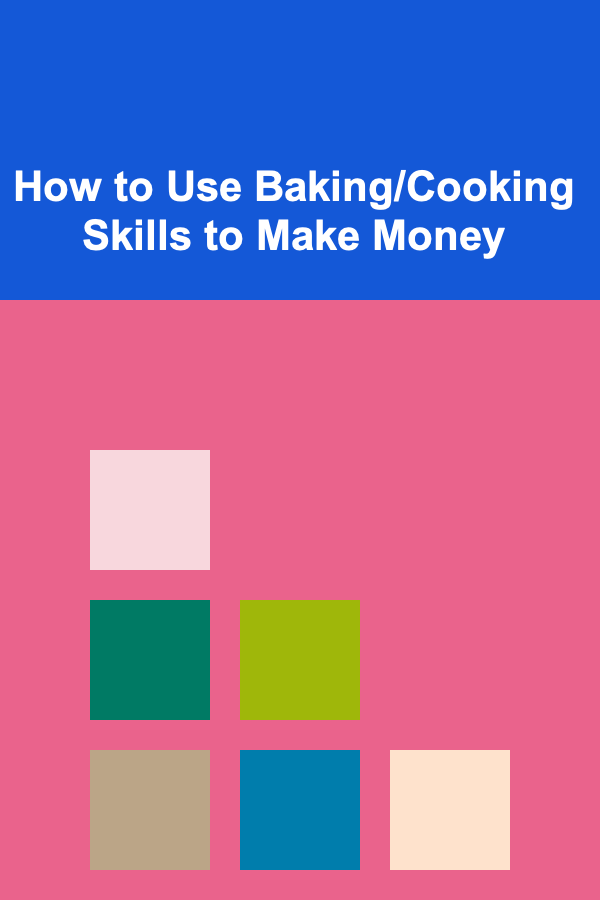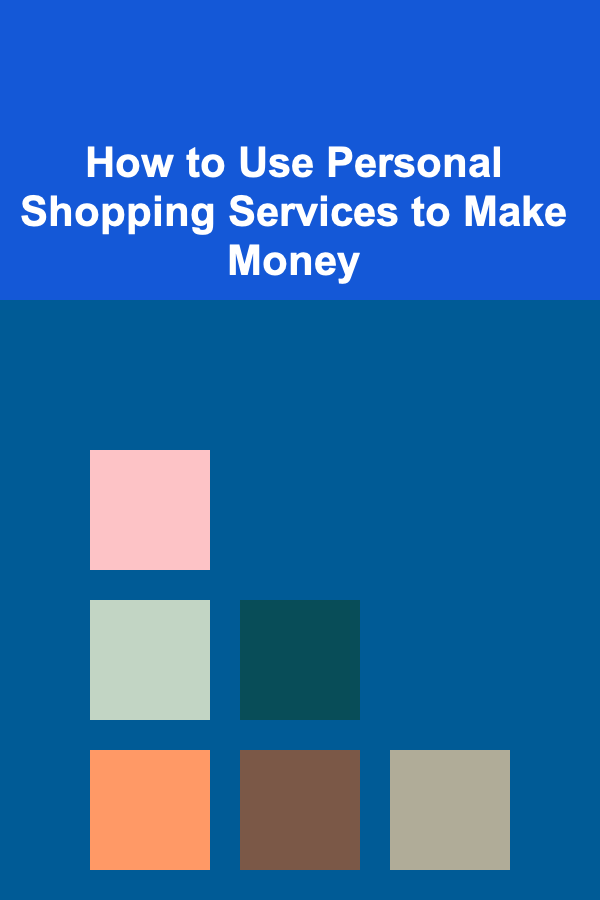
How to Follow Up After an Interview: A Comprehensive To-Do List
ebook include PDF & Audio bundle (Micro Guide)
$12.99$6.99
Limited Time Offer! Order within the next:
Not available at this time

After you've wrapped up an interview, it's natural to feel a sense of relief. You've prepared, answered questions, and shared your experiences. Now, the next step is crucial: following up after the interview. A well-timed and thoughtful follow-up can set you apart from other candidates and reinforce your interest in the position. It's more than just a polite gesture---following up can demonstrate your professionalism, interest, and proactive attitude.
In this article, we'll explore a comprehensive step-by-step approach to following up after an interview. This guide will cover everything from the initial thank-you note to post-interview communications, ensuring you stay on top of the process and leave a positive impression.
Send a Thank-You Email Within 24 Hours
The first and most important step after any interview is to send a thank-you email. Sending a follow-up email not only expresses your gratitude but also reiterates your interest in the position. A thank-you note is a small but powerful way to stand out from other candidates and keep yourself top of mind.
Why Send a Thank-You Email?
- Shows gratitude: A thank-you email is a courteous way to express appreciation for the opportunity.
- Reinforces interest: It's a chance to reaffirm your enthusiasm for the role and the company.
- Builds rapport: A well-crafted thank-you note helps strengthen the relationship you've begun with the interviewer.
What to Include in Your Thank-You Email:
- Subject Line: Keep it professional and clear, such as "Thank You for the Interview -- [Your Name]."
- Personalized greeting: Address the person by name and refer to something specific discussed during the interview.
- Express gratitude: Thank the interviewer for their time and the opportunity.
- Reaffirm interest: Reiterate your excitement about the role and why you're a good fit.
- Closing statement: End with a brief note expressing your anticipation for next steps.
Example:
Subject: Thank You for the Interview -- John Doe
Dear [Interviewer's Name],
I wanted to take a moment to thank you for the opportunity to interview for the [Job Title] position at [Company Name] yesterday. It was a pleasure learning more about the team and the exciting projects you're working on.
I'm even more enthusiastic about the opportunity after our conversation, and I believe my skills in [mention relevant skills] would make me a strong fit for the role.
Thank you again for your time and consideration. I look forward to hearing about the next steps.
Best regards,
[Your Name]
Wait for the Timeline Discussed in the Interview
During the interview, you may have discussed a timeline for when the company expects to make a decision. While waiting for that timeline to pass, it's important to resist the urge to reach out too early. It's perfectly normal to feel anxious about the outcome, but patience is key.
Why Wait for the Timeline?
- Respect the process: Waiting shows that you trust the company's process and aren't rushing them.
- Avoid appearing impatient: Reaching out too soon might make you seem overly eager or pushy.
- Prepare for any outcome: If you wait for the timeline, you can expect to hear back on their terms.
How to Handle Delays:
If the timeline passes and you haven't received any communication, it's okay to follow up. However, before you send a follow-up email, make sure you've given the hiring manager enough time to reach a decision.
Follow Up If You Haven't Heard Back
If the timeline has passed and you haven't received an update, it's appropriate to send a follow-up email. This email serves as a gentle nudge and shows continued interest in the role. It's important to remain professional, respectful, and concise in your communication.
Why Send a Follow-Up Email?
- Shows initiative: A polite follow-up email shows you're proactive and committed.
- Expresses continued interest: Reaffirm your enthusiasm for the position.
- Clarifies next steps: A follow-up email can help clarify where you stand in the hiring process.
What to Include in a Follow-Up Email:
- Polite inquiry: Express your continued interest in the position and ask about the timeline.
- Reaffirm your qualifications: Briefly remind the interviewer why you're the right candidate for the job.
- Keep it short and professional: Be respectful of the interviewer's time and avoid sounding desperate.
Example:
Subject: Following Up on Interview for [Job Title]
Dear [Interviewer's Name],
I hope this message finds you well. I wanted to follow up on my interview for the [Job Title] position on [Interview Date]. I'm still very excited about the opportunity to join [Company Name] and contribute to [specific project or role].
I understand that these decisions take time, and I would appreciate any update you could provide regarding the next steps in the process.
Thank you again for your consideration. I look forward to hearing from you.
Best regards,
[Your Name]
Be Mindful of Timing and Frequency
It's important not to follow up too frequently. If you've already sent a thank-you email and a follow-up message, there's no need to reach out again unless there's a significant update or you've been told to expect further communication. Bombarding the interviewer with emails can work against you, so patience and tact are essential.
General Timing Guidelines:
- Thank-you email: Send within 24 hours of the interview.
- First follow-up: Send 1-2 weeks after the interview if no timeline was provided or the timeline has passed.
- Second follow-up: Wait another week if you still haven't heard back, but be prepared for the possibility that they may have moved forward with other candidates.
Use LinkedIn for Additional Follow-Up
In some cases, it might be appropriate to connect with your interviewer on LinkedIn after the interview. This isn't a substitute for a thank-you email or formal follow-up, but it can be a good way to stay in touch and show your professionalism.
Why Use LinkedIn?
- Shows professional engagement: Connecting on LinkedIn demonstrates your interest in maintaining a professional relationship.
- Helps keep you top of mind: Your profile may appear in the interviewer's feed, which can keep you in their thoughts.
- Strengthens your network: Even if you don't get the job, having a connection with the interviewer could lead to future opportunities.
When sending a connection request, make sure to include a personalized message. Mention your interview and express your appreciation for their time.
Example LinkedIn Message:
Hello [Interviewer's Name],
It was a pleasure speaking with you during the interview for the [Job Title] position at [Company Name]. I'd love to stay connected and keep in touch on LinkedIn.
Thank you again for the opportunity, and I look forward to hearing about the next steps.
Best regards,
[Your Name]
Be Prepared for All Outcomes
Not hearing back after multiple follow-ups can be disappointing, but it's important to remember that there are many reasons why a company may not be moving forward with your application. It's essential to stay positive, professional, and resilient.
What to Do If You Don't Get the Job:
- Request feedback: If you're not selected for the position, politely ask for feedback. This can help you improve for future interviews.
- Stay in touch: If you have a good relationship with the interviewer, ask if they'd be open to connecting in the future.
- Keep looking: If you're not selected, keep applying to other opportunities. Each interview is a learning experience that brings you closer to the right job.
Responding to an Offer
If you're fortunate enough to receive a job offer, following up properly is just as important as following up after an interview. When responding to an offer, it's important to express gratitude while also taking the time to carefully review the terms.
How to Respond to a Job Offer:
- Express enthusiasm: Let them know you're excited about the offer.
- Review the terms: Take your time to review the salary, benefits, and other terms before accepting or negotiating.
- Negotiate if needed: If there's room for negotiation, approach it professionally and respectfully.
Example Response to Job Offer:
Subject: Acceptance of Job Offer -- [Your Name]
Dear [Hiring Manager's Name],
Thank you for offering me the [Job Title] position at [Company Name]. I am excited to join the team and contribute to the company's growth. I've reviewed the offer and am happy to accept the position.
Please let me know the next steps in the process. I look forward to starting with [Company Name] and working with you.
Best regards,
[Your Name]
Conclusion
Following up after an interview is a critical part of the hiring process. It not only shows that you're respectful and professional, but it also reinforces your interest and sets you apart from other candidates. By sending a thoughtful thank-you note, waiting for the right timing to follow up, and staying patient and persistent, you can demonstrate your commitment to the role while maintaining professionalism. Remember, each step you take after an interview brings you closer to landing the job of your dreams.

How to Choose the Best Soundproofing Materials for Your Home
Read More
How to Create a Pet Supply Station for Easy Access
Read More
How to Handle Dating While Busy
Read More
How to Reduce Home Debt and Stay Financially Balanced
Read More
How to Use Baking/Cooking Skills to Make Money
Read More
How to Use Personal Shopping Services to Make Money
Read MoreOther Products

How to Choose the Best Soundproofing Materials for Your Home
Read More
How to Create a Pet Supply Station for Easy Access
Read More
How to Handle Dating While Busy
Read More
How to Reduce Home Debt and Stay Financially Balanced
Read More
How to Use Baking/Cooking Skills to Make Money
Read More